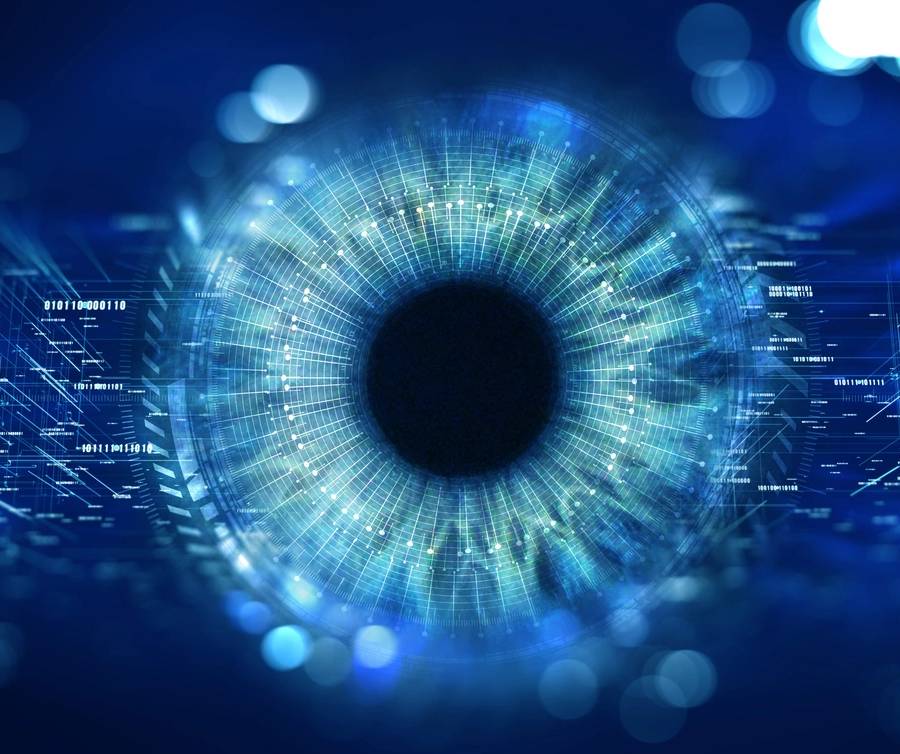The Future of Technology: AI Innovations

As we move further into the 21st century
The rapid advancements in technology continue to shape and redefine the way we live, work, and interact with the world around us. One of the most exciting and transformative developments in recent years has been the rise of artificial intelligence (AI). From self-driving cars to virtual assistants, AI has already begun to revolutionize various industries and sectors, and its potential for further innovation and growth is virtually limitless.
AI in its simplest form
refers to the ability of machines to perform tasks that typically require human intelligence, such as learning, reasoning, problem-solving, and decision-making. This technology has already been integrated into a wide range of applications, from healthcare and finance to transportation and entertainment. However, the true potential of AI lies in its ability to continuously learn and adapt, making it a powerful tool for driving innovation and efficiency across all sectors of society.
AI in the field of healthcare
AI-powered diagnostic tools and predictive analytics have the potential to revolutionize the way we approach healthcare, from early detection of diseases to personalized treatment plans. For example, AI algorithms can analyze vast amounts of medical data to identify patterns and trends that may not be immediately apparent to human doctors, leading to more accurate diagnoses and better patient outcomes. Additionally, AI-powered robots and virtual assistants can help streamline administrative tasks and improve patient care, freeing up healthcare professionals to focus on more complex and critical aspects of their work.
AI in the realm of transportation
AI is already making waves with the development of self-driving cars and trucks. These vehicles use AI algorithms to navigate roads, avoid obstacles, and make split-second decisions in real-time, potentially reducing accidents and improving overall road safety. Furthermore, AI-powered traffic management systems can optimize traffic flow and reduce congestion, leading to more efficient and sustainable transportation networks. As these technologies continue to evolve and become more widespread, we can expect to see a significant shift in the way we think about mobility and transportation.
AI in the financial sector
where it is being used to detect fraud, automate trading, and personalize customer experiences. AI-powered chatbots and virtual assistants are becoming increasingly common in the banking industry, providing customers with instant support and personalized recommendations. Additionally, AI algorithms can analyze market trends and predict future outcomes with a level of accuracy that was previously unimaginable, helping financial institutions make more informed decisions and mitigate risks.
AI in entertainment and media
AI is being used to create personalized content recommendations, optimize advertising campaigns, and even generate original works of art. AI-powered algorithms can analyze user preferences and behavior to deliver tailored content experiences, leading to higher engagement and retention rates. Furthermore, AI-generated content, such as music, videos, and articles, is becoming increasingly sophisticated and indistinguishable from human-created content, opening up new possibilities for creativity and expression.
The future of technology
is bright and full of possibilities, thanks to the incredible advancements in artificial intelligence. From healthcare and transportation to finance and entertainment, AI innovations are reshaping industries and transforming the way we interact with the world around us. By embracing AI and harnessing its potential for positive change, we can create a future that is more efficient, sustainable, and inclusive for all.